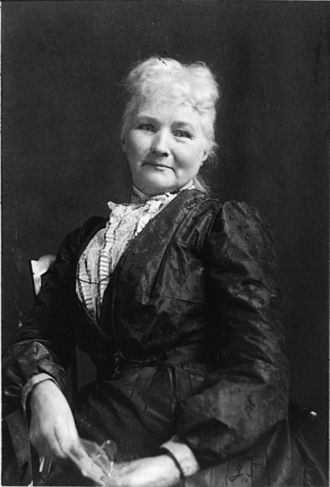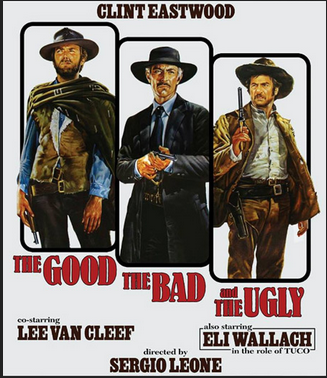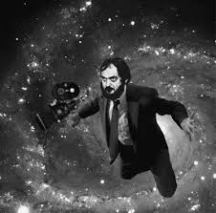It’s Mother’s Day, so I thought I’d say a few words about our mum. I use “our” instead of “my” ‘cause I’m also speakin’ on behalf of my brothers, too. Our mother was an odd mixture of a proper English lady and a street tough.
Her father was Irish, but she was born in England after the pandemic (the one with the Spanish flu, not Covid-19.) Her adulthood coincided with World War II, when many retreated to the Underground (subway) tubes when the air raid sirens would sound. She declined to join her fellow Britons, saying that if she were to die, she’d prefer that it not be in the Underground. During this war she would meet and marry the US serviceman who would bring her to the US.
Money was plentiful in the household, at least until the day the spigot turned off. Bill collectors called the house demanding payment. “All right,” she told one particularly obnoxious collector. “I’m coming to your office to dump the payment on your desk – all in pennies!”

The school we attended brought back the old-fashioned paddle thinking that corporal punishment was the way to make the boys toe the line (this practice did not extend to the girls.) My younger brother fell victim to the paddle’s blows and our mum went to the school to have a word with the Assistant Principal. She told him that disciplining her children was her purview, not his. He insisted that he was within his rights to paddle the boys if they stepped out of line. “How old are you?” she asked. The AP did not see why his age was relevant. “I have another son who is around the same age as you,” she said. “If you paddle one of my sons again, the same thing will happen to you.” The startled Assistant Principal accused her of threatening him. She concurred with this assessment.
The lesson that our mother taught repeatedly was the necessity of non-capitulation to people who would push others around. However, the thing I most remember about her is her toughness in the face of her own death. In her mid-eighties her health declined suddenly and she was hospitalized. During one of my visits, she looked at the various monitors connected to her.
“Let it all go!” she said.
“Let all what go, Ma?” I asked.
“All of it!” she responded.
She seemed to be telling me that she didn’t want to prolong her life by heroic measures. I teared up a little. She would have none of it. “Oh, come on now,” she said. “Let’s not play silly devils.”
She entered home hospice and died soon after. Her sons planned her memorial service – no priests, no trappings of religion. Our mother had been religious, but institutions did not impress her.
Do I present our mother in a warm, nostalgic light? Have I created a mythologized version of her? Certainly. That same toughness of spirit could be maddeningly exasperating at times. Nevertheless, her refusal to capitulate to others’ terms stays with me.
Were she here today, I’d say “Happy Mother’s Day, Ma!” She would dismiss this by opining, “Mother’s Day is a holiday in which forced tribute is paid.“ She would then add, “I want none of that.” That’s our mum.







